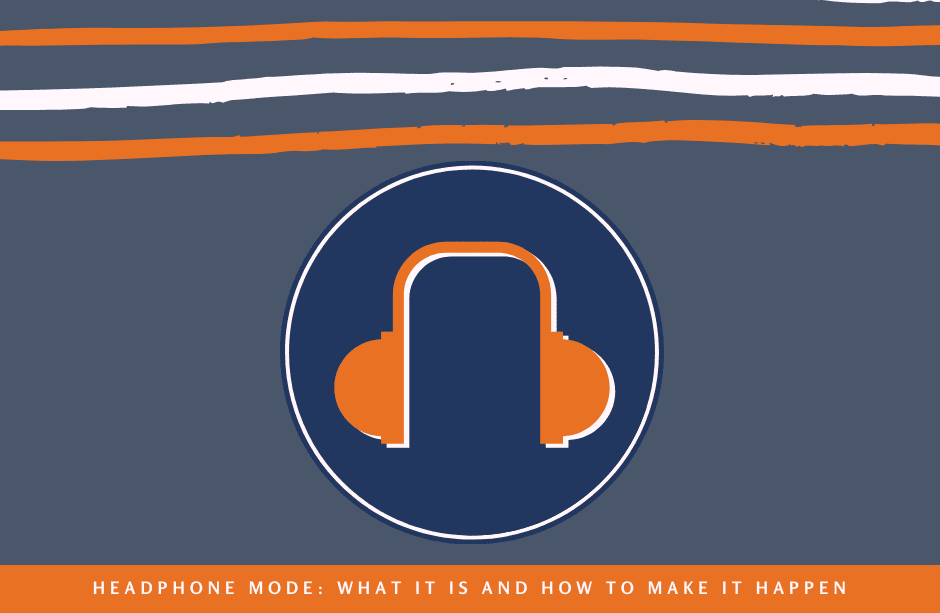I am not going to retread the worn-out opinions about, and labels placed on Millennials. I find many of those thoughts counterproductive and divisive. There is plenty of useful research about the Millennials, just like there is for the Greatest Generation, the Silent Generation, Baby Boomers, and Generation X, shared by organizations such as The Pew Research Center. I won’t be sharing that information here.
What I am going to do, however, is make a pronouncement: people are people are
In my first job out of college, I discovered that I couldn’t get any meaningful work done between 9:30am and 4:30pm. Phone calls, voice mails, emails, pop-ins, meetings, and crises all seemed to devour my time. Adding to this was that odd situation when people walked past my office. Was I supposed to say hello? Or wave? Or both? Then there were the ‘keyboard pounders’ and food crunchers, and don’t forget about that loud talker.
Yes, your office has a loud
The concept of work-life balance is outdated and doesn’t help. The work-life balance conversation is framed so that if one part of the equation wins, the other loses. It implies that too much work will negatively impact life and vice-a-versa, that too much life will negatively impact work. Work-life balance supporters encourage us to achieve a balance between the two, but the result of this balancing act is mediocrity in both areas. And when life happens and we need to
There has been an undeniable transformation in the dynamic between leaders and followers. Technology has ushered in a time of unfettered access to information, giving people extraordinary power. Those who did not have a voice are finding platforms to be heard, and they can now change the course of history in one post, tweet, or snap. Professionals in positions of authority, and those who hold titles and credentials that signal expertise, are being challenged and questioned more than ever.
These changes
Jeffrey Pfeffer, a professor at Stanford, lays into the leadership industry in his book Leadership B.S. He states, “Stop accepting sugar-laced but toxic potions as cures.” This blunt critique warns against leadership gurus and self-proclaimed experts who deliver inspiring fables and stories that might make people feel good, but don’t help to improve leadership. According to the former Prime Minister of Greece George A. Papandreou, a keynote speaker at the 2017 International Leadership Conference, we are at a critical juncture that




